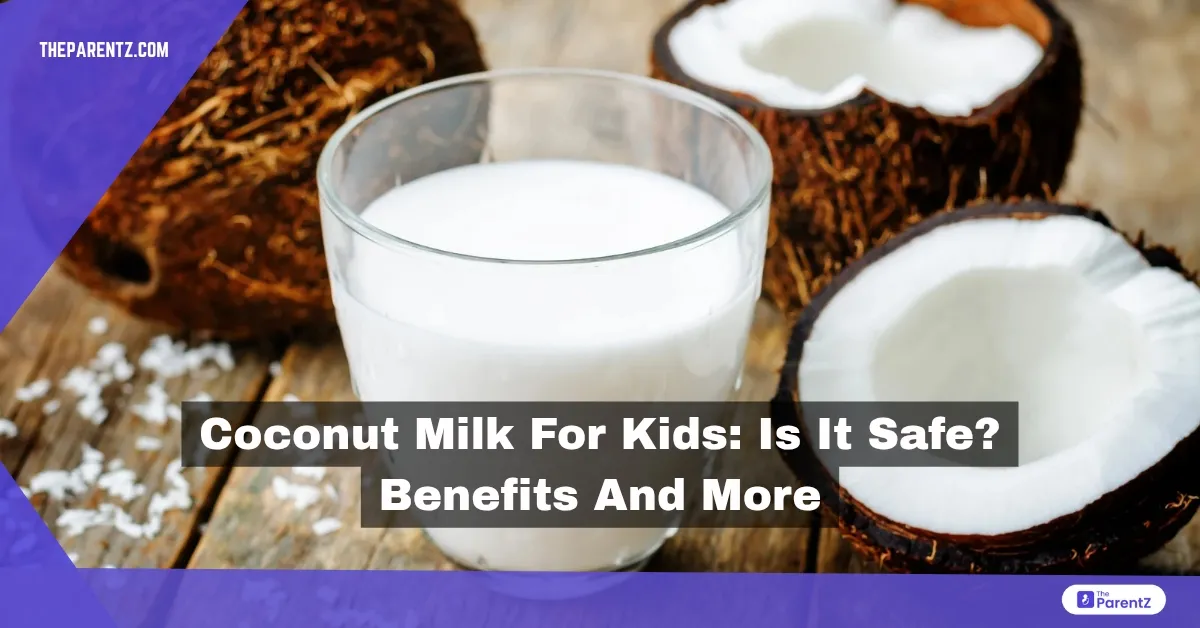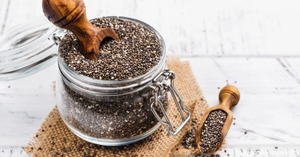While coconut milk may sound like a health drink, for many parents, the real question is—Is it safe for kids? Should you serve it in their lunchboxes or keep it for smoothies only?
Read below this article to explore whether coconut milk is really safe for kids and what are its benefits, complications, and more.
Is Coconut Milk Safe for Kids?
Yes, in moderation, coconut milk is generally safe for kids over 12 months of age. For babies younger than 1 year, it should not be used as a main milk substitute because it doesn’t provide all the nutrients a growing baby needs—especially protein and calcium.
Pediatricians recommend breast milk or formula during the first year and whole cow’s milk after that unless your child has an allergy or is vegan.
So, while coconut milk can be included in a balanced diet, it should not replace essential sources of nutrition.
Benefits of Coconut Milk for Kids
Coconut milk offers several health benefits for kids when used properly. Here are the key benefits of coconut milk for kids:
Boosts Energy
Coconut milk contains medium-chain triglycerides (MCTs), which are healthy fats that provide quick energy. These fats are easily digestible and don’t get stored as body fat quickly.
Supports Immunity
Coconut milk contains lauric acid, the same fatty acid found in breast milk. Lauric acid has antimicrobial properties, which can help support your child’s immune system.
Good for Lactose-Intolerant Kids
If your child is lactose intolerant, coconut milk can be a helpful alternative in recipes or in small servings. It doesn’t contain lactose, the sugar found in cow’s milk that many kids can’t digest.
Rich in Healthy Fats
Fats are essential for brain development in early childhood. While coconut milk doesn't have the same kind of fat as cow’s milk, its healthy fat profile can still be beneficial as a dietary addition.
Complications
While coconut milk has its benefits, it also comes with a few cautions:
Low in Protein
Compared to cow’s milk or soy milk, coconut milk has very little protein. Growing kids need around 13 grams of protein daily between ages 1-3.
Low in Calcium
Unless it’s fortified, coconut milk doesn’t contain much calcium or vitamin D, which are important for bone growth.
Allergies
Though rare, some kids may be allergic to coconuts. Always check with your doctor before introducing any new food, especially if your child has a history of food allergies.
Added Sugars
Unlike homemade, store-bought coconut milk often contains added sugars. Always check the label and choose unsweetened versions.
Final Thoughts
So, is coconut milk safe for kids? Yes, as long as it's used in moderation and not as a complete milk replacement.
Always speak to your pediatrician before adding coconut milk to your kid's diet to diagnose any allergy.








Be the first one to comment on this story.